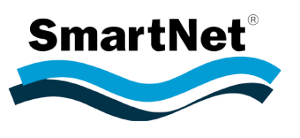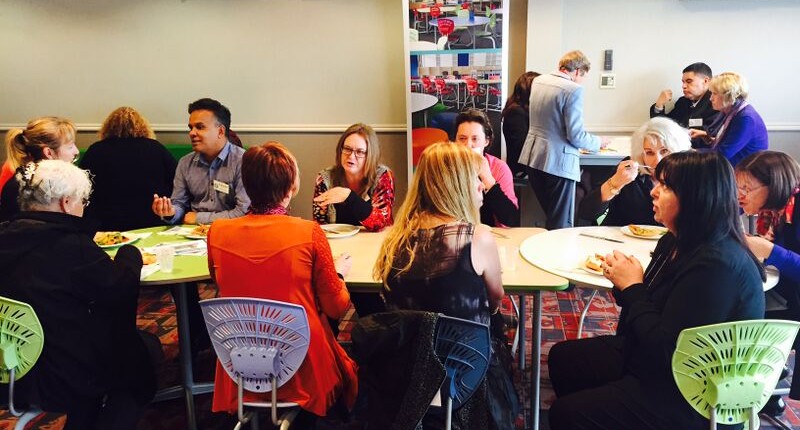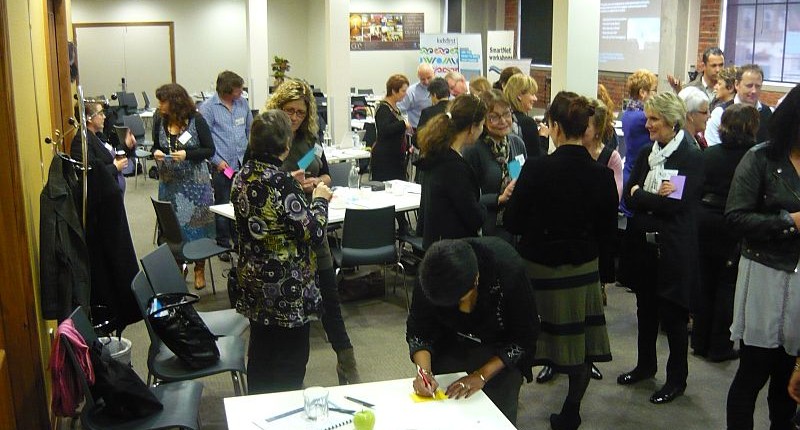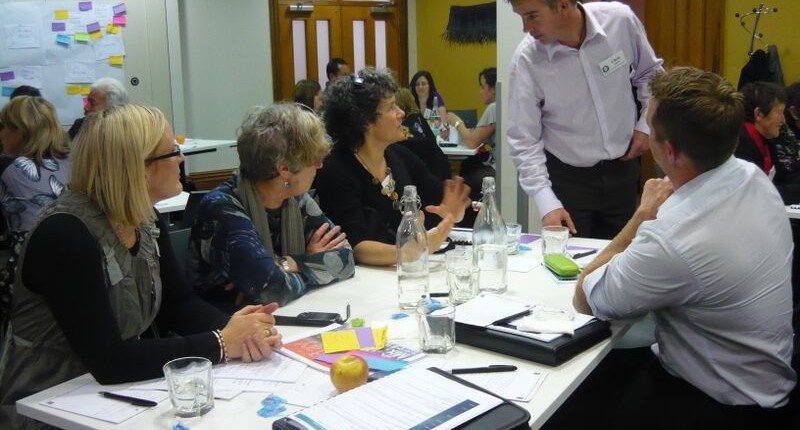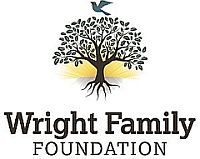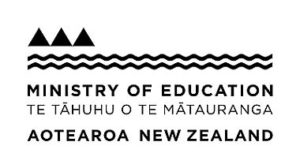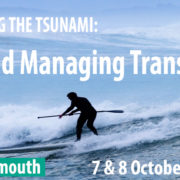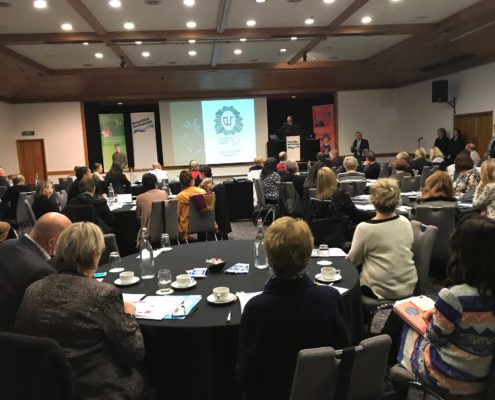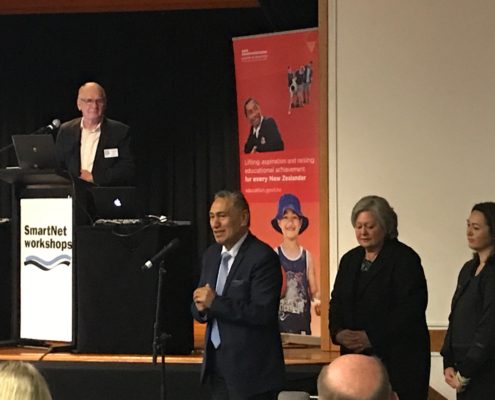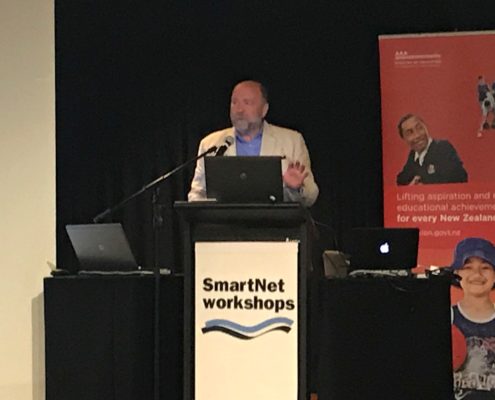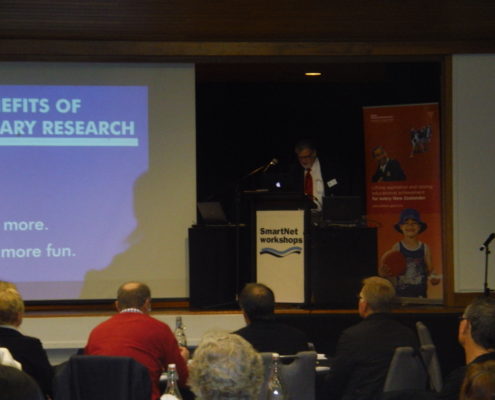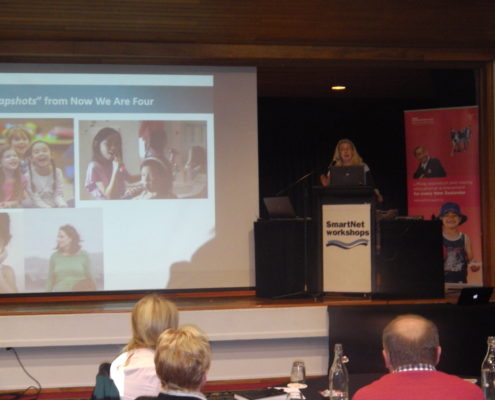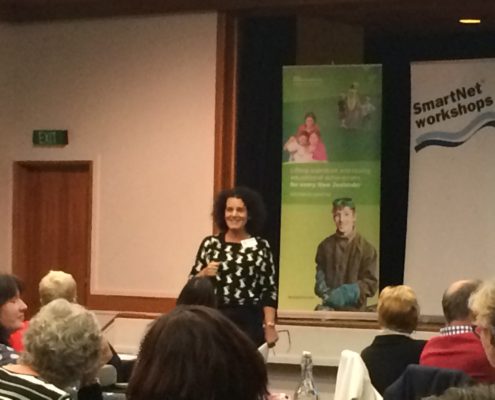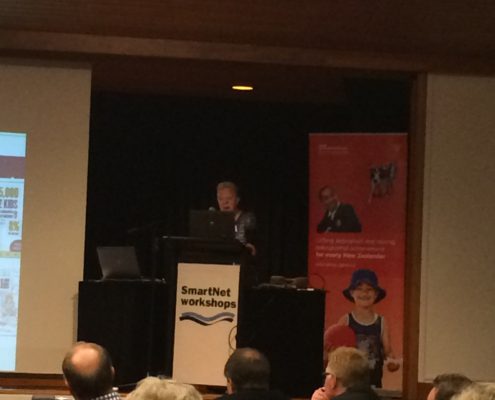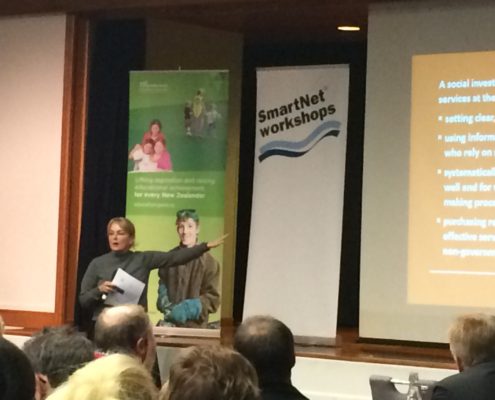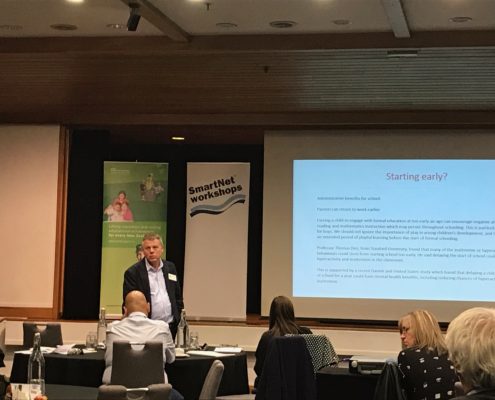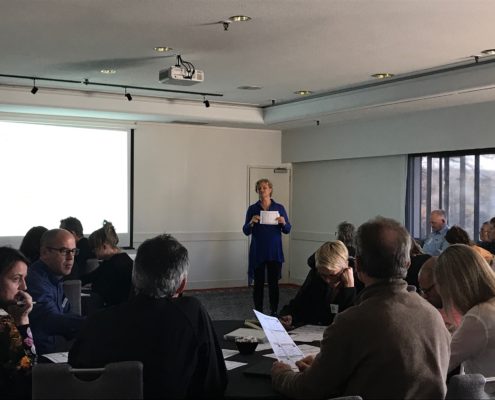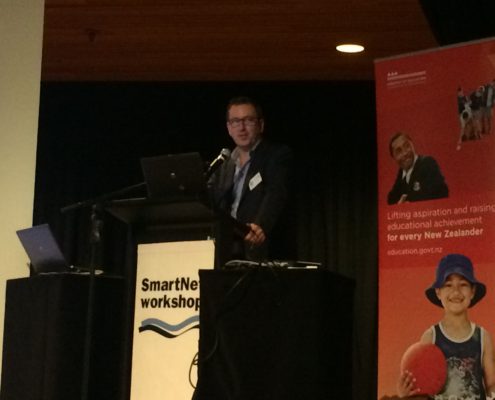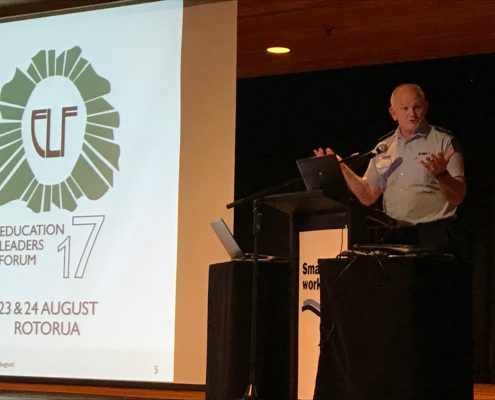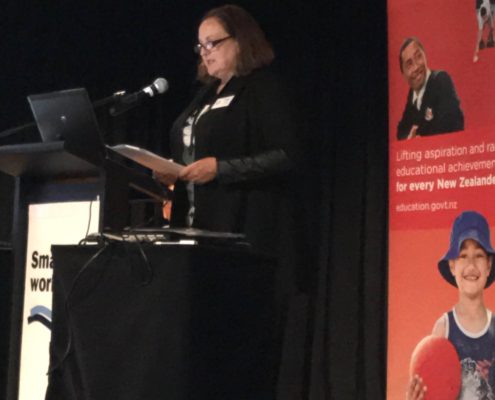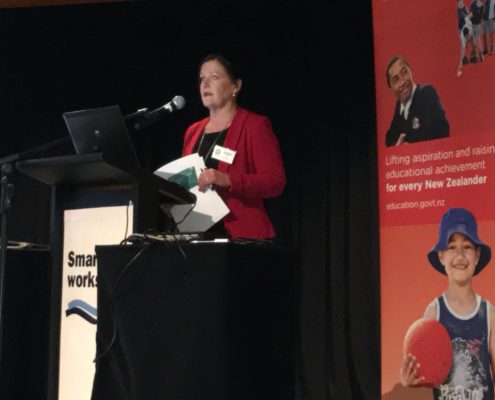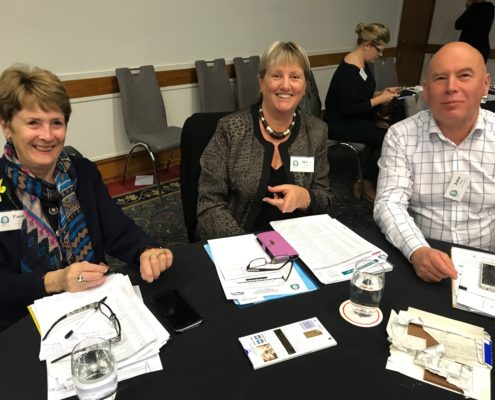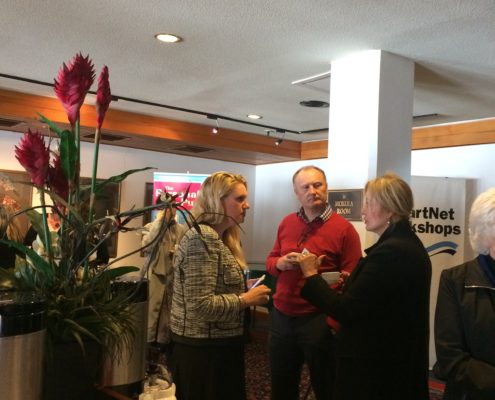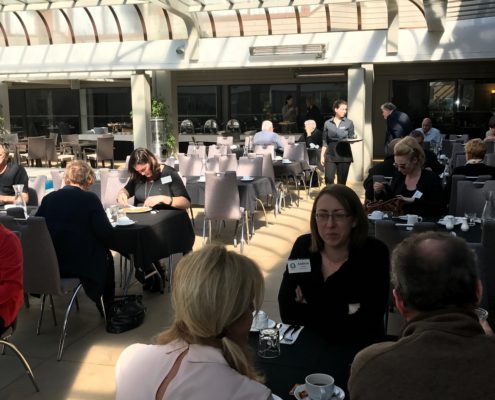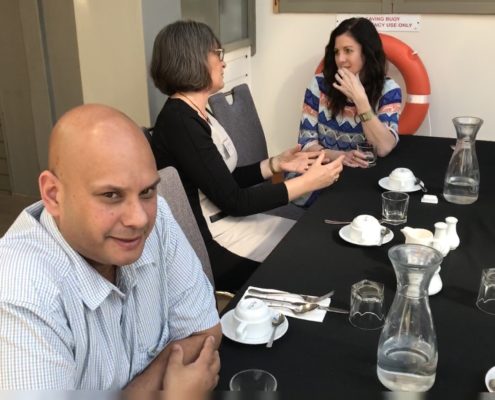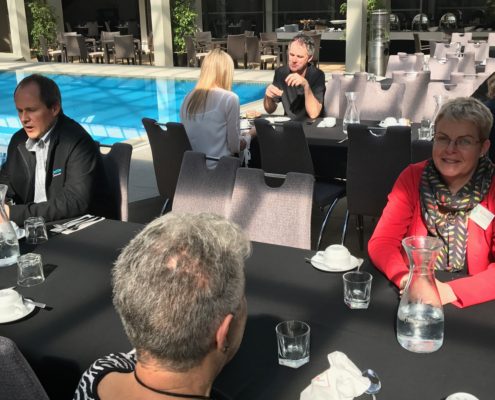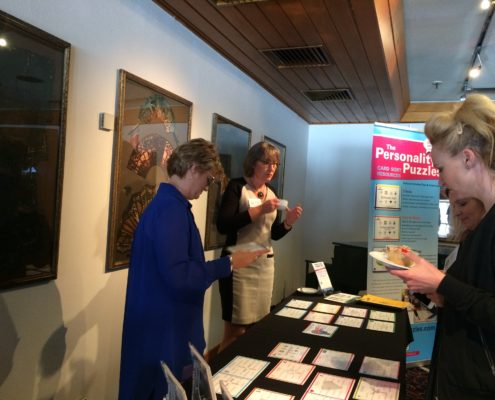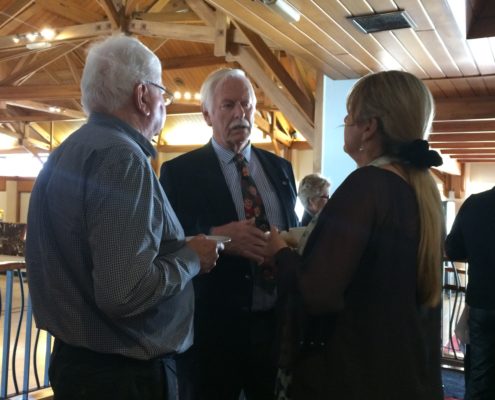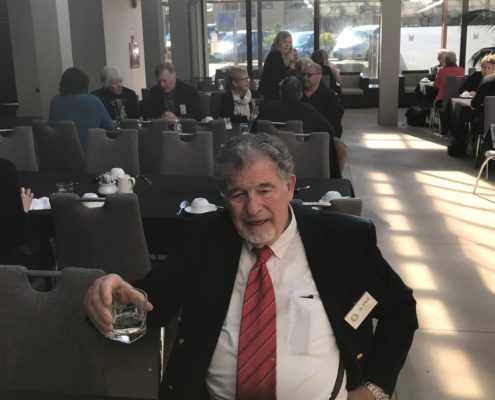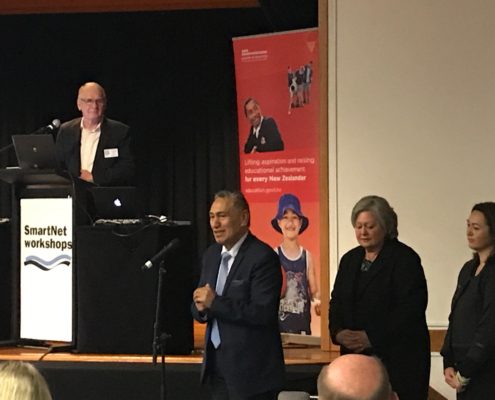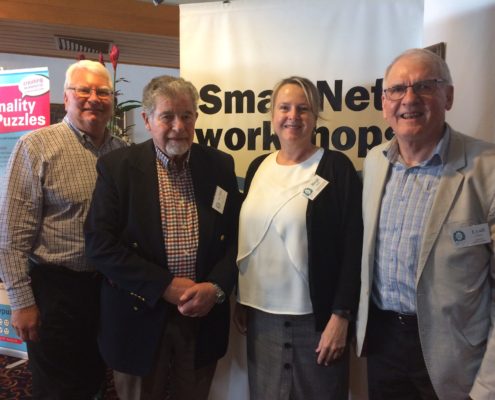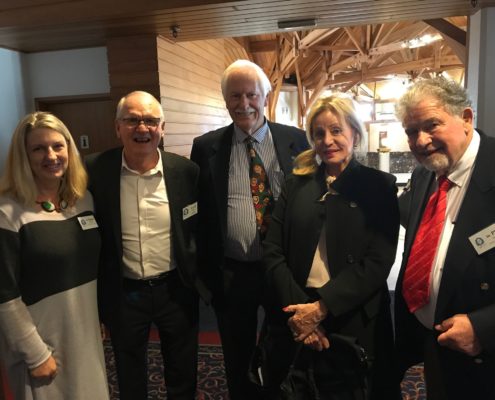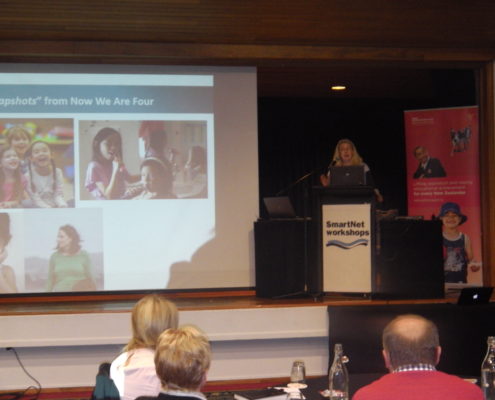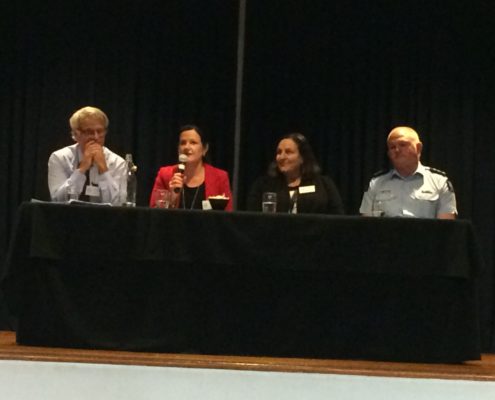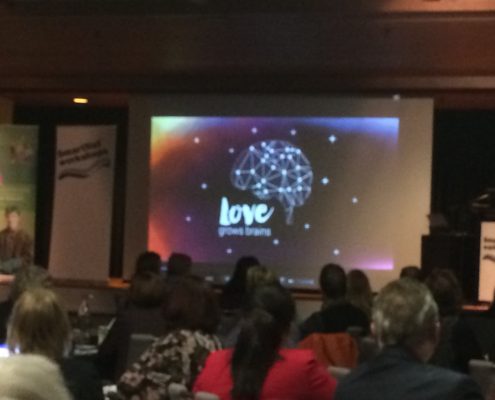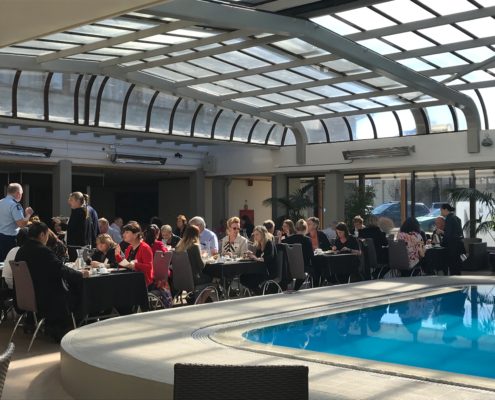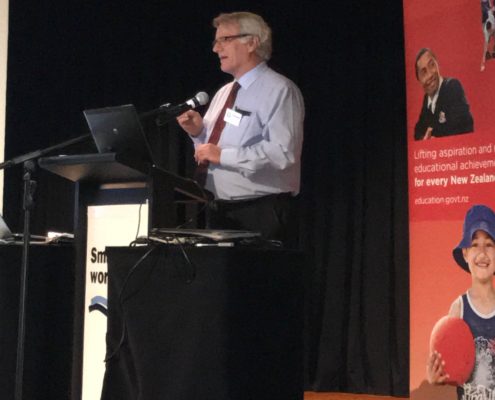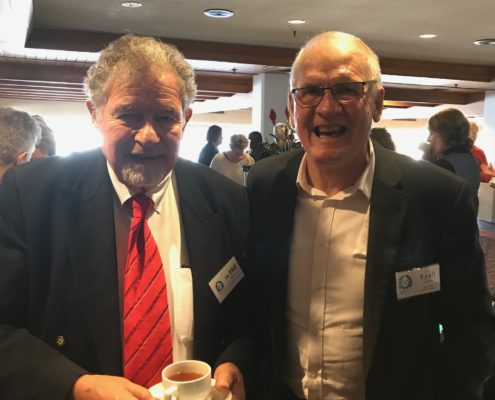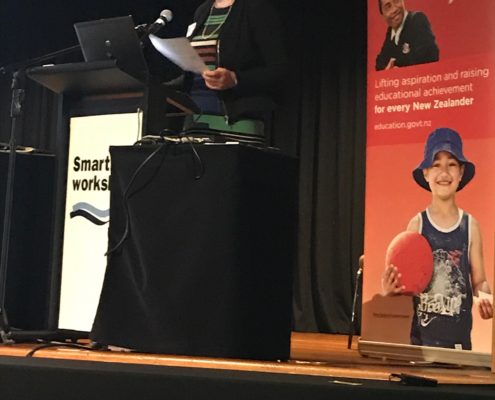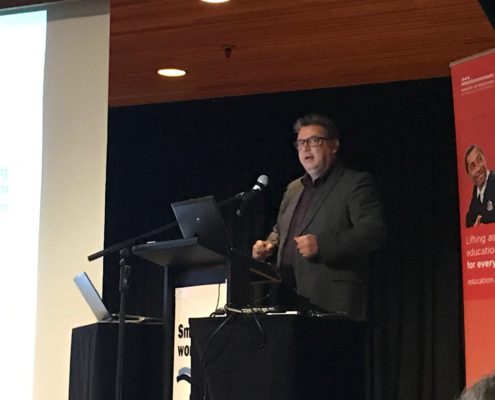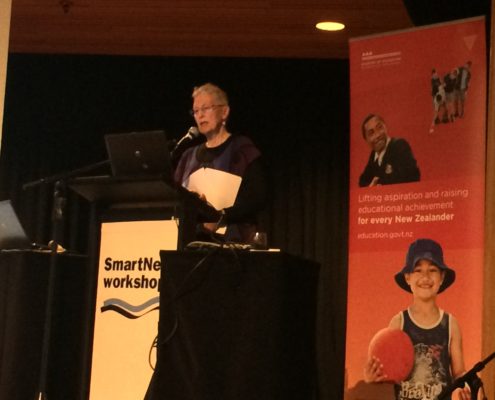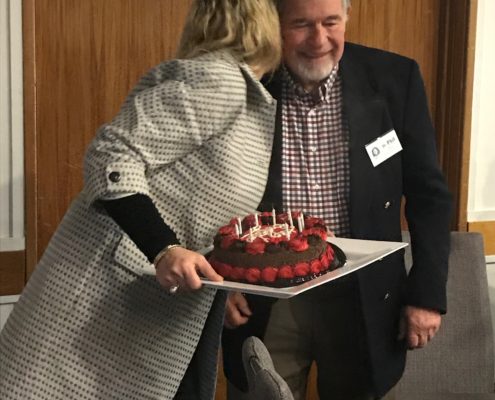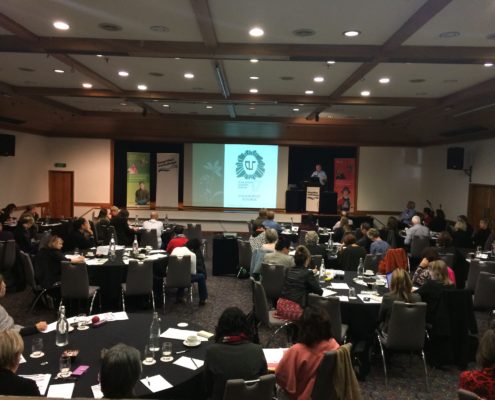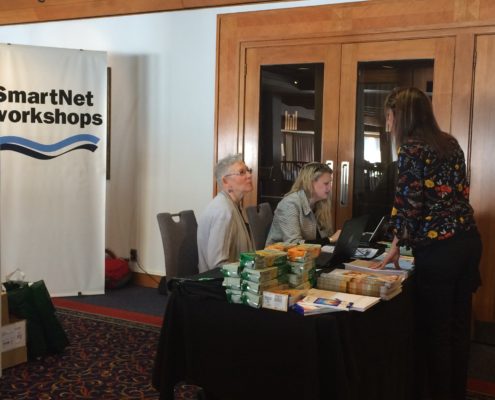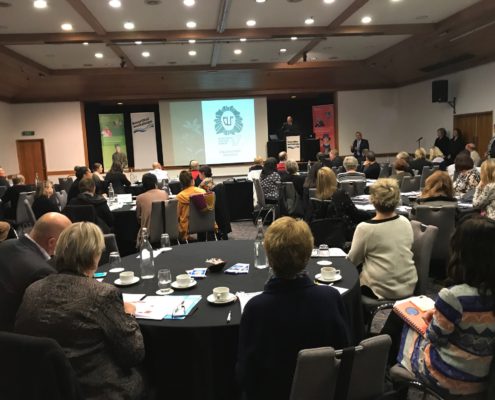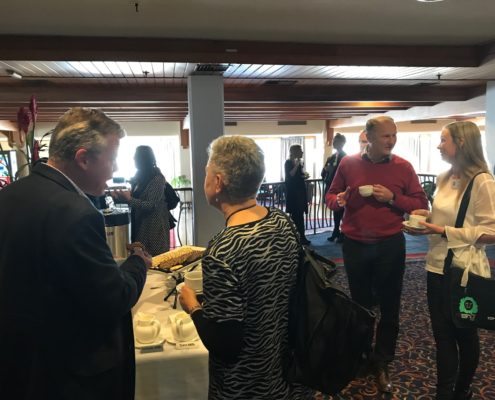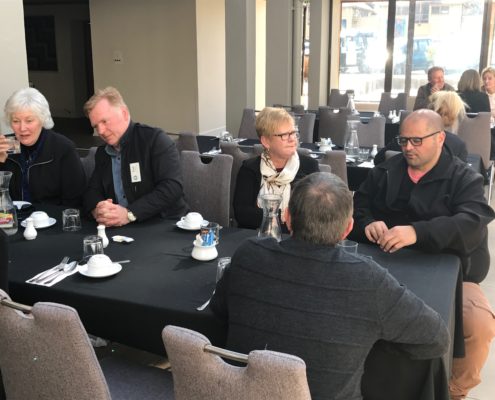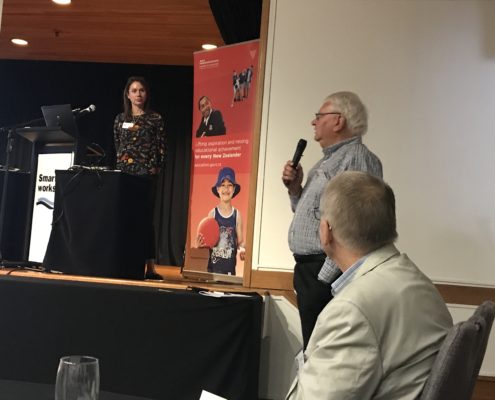THEME and STRANDS
Valuing Educators and Revaluing Education
*Growing Brains – Opening Minds – Developing Skills
*Mobilising Knowledge – Applying Research – Working Together
*Embracing Disruption – Inspiring Creativity – Fostering Innovation
“[A] false dichotomy of reform versus status quo fails to capture the rich perspectives of teachers who believe in education improvements that are grounded both in research and in their own experiences with successful student learning.” Give Teachers a Voice in Education Reform
Valuing Educators and Revaluing Education
“…we who teach can make clear our role as knowledge coaches. We don’t need to know everything, but we can bring our experience to bear with our students to help them be discerning and sceptical about information. Wisdom is about managing the application of knowledge. So instead of knowledge dispensers, we can become knowledge managers and help our students develop a healthy scepticism.” Mac Bogert
Valuing educators and revaluing education are international imperatives with the expanding reach of digital platforms and rise of digital populism via the Twitterati. In the role of knowledge navigators teachers are more important than ever in showing learners how to navigate the ocean of information while avoiding the icebergs of misinformation. Learning to use tools of enquiry and evidence in developing an understanding of the hierarchy of data, information, knowledge and wisdom is a lifelong learning quest, the foundation skills of which need to be taught in order to produce increasingly self-directed learners.
“The good news is that School Leadership and Student Outcomes: What Works and Why? can pay off for decades to come, and may be more valuable when conditions change to become more conducive to appreciating and acting on its findings.Let’s hope that those times emerge so that the full value of this great report can be realized for the benefit of students and the system that serves them.” Prof. Michael Fullan ibid
With the change of government there will be some wholesale changes to New Zealand’s education system. These include improving the rates of participation in higher education by progressively removing fees and modifying the primary and secondary assessment regimes.
Research shows that countries with a greater proportion of the population tertiary educated generally have higher levels of innovation and productivity. Opportunities to learn and to apply that learning result in both public and private good. Education provision in New Zealand and the removal of some access barriers to it is already undergoing some rebalancing to reflect that duality.
Student Outcomes: Working Together
“As valuable as this document is the next phase of putting the ideas into practice is going to be very difficult. It is one thing to uncover what works in existing successful schools; it is entirely another level of the problem to even understand how the schools in question got this good, let along how schools that are not this effective can become so. In other words what School Leadership and Student Outcomes does is to create a powerful agenda, but does not tell us how to progress with this agenda in future policy and practice. A great research review, as this one is, does not provide detailed answers but points specifically to new directions.” Prof. Michael Fullan ibid
People will support what they help to create. Much effective education change will continue to be at the retail level by education professionals growing brains, opening minds and developing skills one learner at a time. Effective education leaders work with colleagues and others in related fields in mobilising knowledge and applying research. They create a knowledge ecology which lays down and strengthens social and cognitive foundations. They work to bridge the gaps between knowing and doing and inspiration and execution.
As well as focussing more on professional development with colleagues, they engage more at the community level with those in social welfare, health and justice and related agencies who are interested in cross-sector collaboration with educators in order to improve life and work outcomes for young people.
Walking the Talk
“Knowledge without wisdom is a load of books on the back of a donkey.” Japanese Proverb
Educators have access to a huge body of new information about brain function and how humans learn and also about professional development. The key is to walk the talk. ‘Walking the talk’ matters in the use of evidence for transformative education’ is a recently published invited paper for the International Bureau of Education – UNESCO Project: Rethinking and repositioning curriculum in the 21st century: A global paradigm shift. It was written by Dr Adrienne Alton-Lee, Evidence, Data and Knowledge, Ministry of Education, NZ. (November 2017) and is a treasure trove of resources for professional development which includes videos and other accessible digital resources. Dr Alton-Lee was a key speaker at ELF17.
Using the Evidence
“How do we use the available evidence … to establish what works best – for whom, by whom, when and where – to mitigate vulnerability and optimise developmental pathways for New Zealand children?” Dr Susan Morton, ELF17.
A strong evidential base adds credibility and value to teaching and learning. Professor Emeritus Michael Fullan writes in a new foreword for the School Leadership and Student Outcomes BES that the NZ Ministry of Education’s Iterative Best Evidence Synthesis publications are “the single best research review series on education matters around the world.” He says the findings of the leadership BES (first published in 2009) have enduring significance, and challenges all partners in New Zealand education “to make sure that the findings and implications from this synthesis [are] used as a point of departure for new action.”
He says that “…very little of the literature links leadership factors to student outcomes. By taking a disciplined approach and pushing deeply into the detailed consequences of different leadership practices this BES study provides a definitive baseline for building on practice and research in applying the findings to school improvement around the world. Many concrete examples are presented that pay careful attention to the applications of the findings.” Read the full Foreword by Professor Fullan : Foreword: School Leadership and Student Outcomes: Best Evidence Synthesis
The challenge for busy education leaders is to devote more time to leading professional development in their own learning communities. The challenge for the education system is to provide appropriate support to education leaders to enable this. Professional knowledge sharing through Communities of Learning are already helping in this respect.
Implementing key research findings educates and empowers our rising generations to build a better and more sustainable tomorrow by equipping them today with the appropriate “learning to learn” knowledge and “learning to do” skills.
Embracing Change
“…my own journey as a teacher took a hard turn for the better (as in more effective learning for my customers, a.k.a. students) once I accepted my own discomfort with change and embraced the possibilities it offered.” Mac Bogert http://www.edcircuit.com/teaching-beyond-knowledge/
At a time of massive technological disruption adaptive education and skills development at all levels helps young New Zealanders learn, grow, contribute, create and innovate.
As educators embrace disruption, inspire creativity and foster innovation they empower the rising generation to work for a better and more sustainable future for all. New Zealand will be able to more than hold its own in an increasingly complex and competitive new world.
Trading Up
“Students are …under parental pressure to go to university. Whether the student is suited to tertiary study or not is another question.” Alastair Tod, Glenfield College careers advisor
An increasing focus is not just on a university education but on revaluing the worth of trade and technical training. This is not to denigrate a university education, but emphasises that trade and technical qualifications may be just as valuable as university qualifications and in many cases appropriate for the learner.
At the same time more and more companies are signing up to the “tertiary qualifications are not required to work here” movement. Better “personal portfolio” careers education is needed to give students a clearer picture of their tertiary and other options in relation to the fast changing world of work.
ELF18 was supported by:
BLOG
ELF20 – SURFING THE TSUNAMI
SURFING THE TSUNAMI: Leading Change & Managing Transitions – Engaging colleagues, prioritising key challenges and creating a 20/20 vision and strategy Education Leaders Forum 2020 will provide case studies, templates and resources for busy education leaders across the learning spectrum to engage colleagues in prioritising and working on relevant education changes and challenges. Register your […]
Digital Divides, Dividends and Dangers: The Key Role of Education
The March Christchurch terrorist attack has prompted urgent debate about the policing of social media sites. The impact of digital technology on education –and that of educators on the use of social media and other digital platforms-are key themes of the upcoming Education Leaders Forum. In a digital world awash with information and misinformation educators […]
